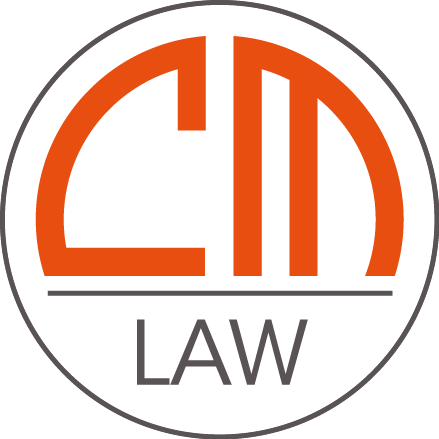The AMLA is officially on the march. As of July 1, 2025, the Frankfurt-based European Anti-Money Laundering and Combating the Financing of Terrorism Authority has begun its mission with a blunt message: crypto-asset exchange platforms will have to integrate AML/CFT experts at their highest level of governance. For industry players, this is a turning point – strategic, structuring and, above all, irreversible.
As AMLA President Bruna Szego recently stated, “It is crucial that boards of directors understand and anticipate the risks of money laundering and terrorist financing.” The aim? That compliance is no longer a silo or a rearguard action, but a lever for strategic steering.
This regulatory signal reflects a growing conviction throughout Europe: risk management can no longer be delegated. It must be embodied in the very structure of governance.
Classified as high-risk in terms of money laundering, crypto platforms will now be subject to direct supervision by the AMLA. This supervision will cover :
- the adequacy of internal control systems,
- the independence of compliance functions,
- the composition of management bodies.
Profiles specializing in LCB-FT are no longer only sought after in compliance departments: they are also needed on the boardroom floor, to ensure a strategic understanding of the issues at stake and anticipate disruptions.
For trading platforms, incorporating independent LCB-FT expertise on their boards is no longer just good practice, but a European standard that is becoming widespread. Beyond compliance, this is a mark of institutional solidity that reassures regulators, investors, banking partners and customers alike.
This development paves the way for a new generation of governance: more structured, more accountable, and better equipped to deal with the systemic risks associated with digital financial flows.
At a time when the boundary between traditional financial regulation and the digital economy is becoming increasingly porous, integrating a legal and ethical perspective into platform strategy is no longer an option: it’s a competitive advantage. Don’t hesitate to contact us: we’d be delighted to help you meet this new requirement, and to sit down with you to advise you on the best way forward.



